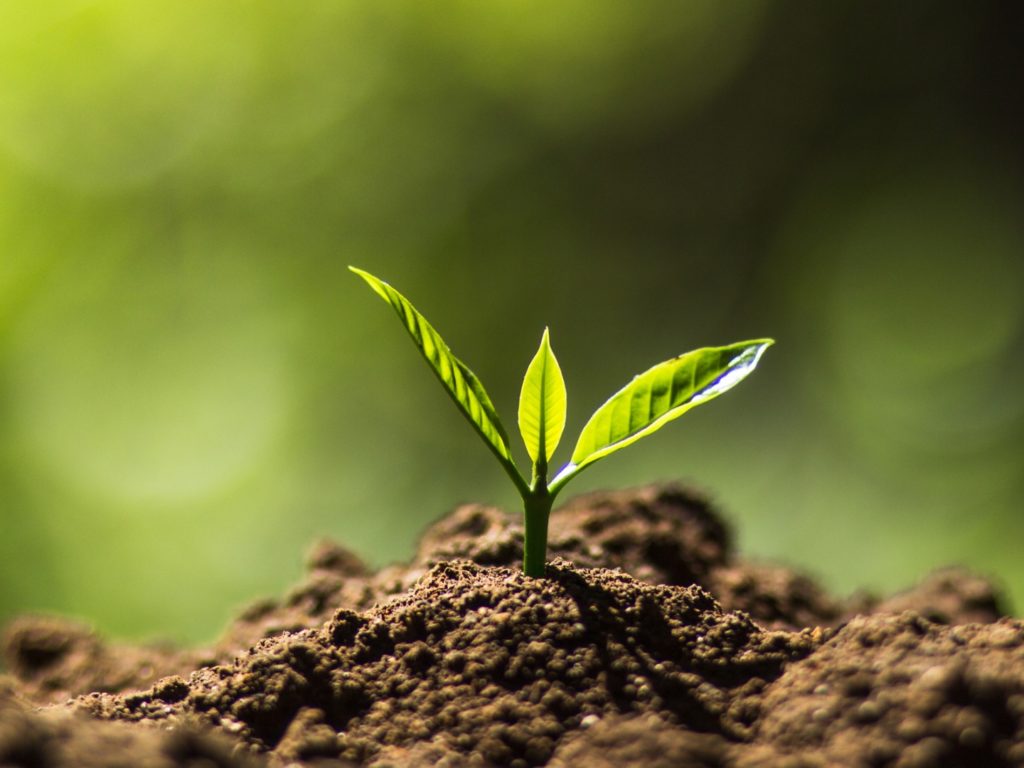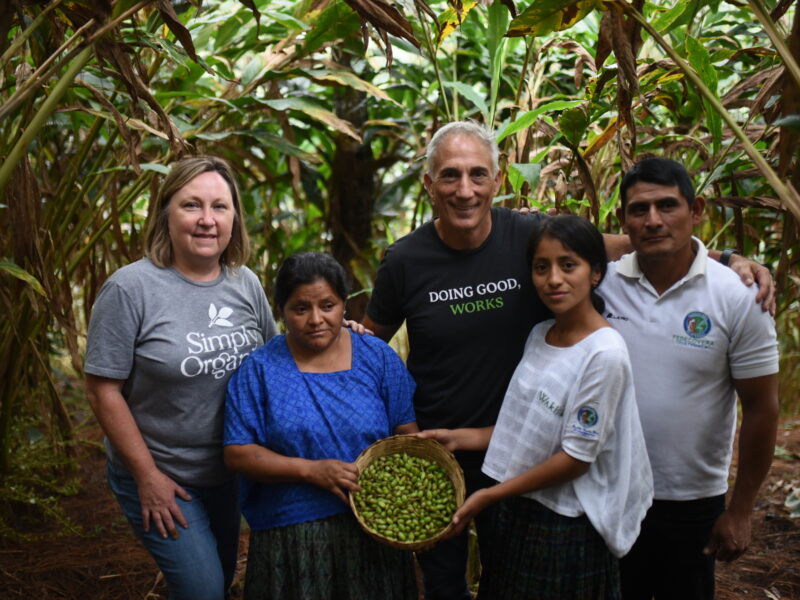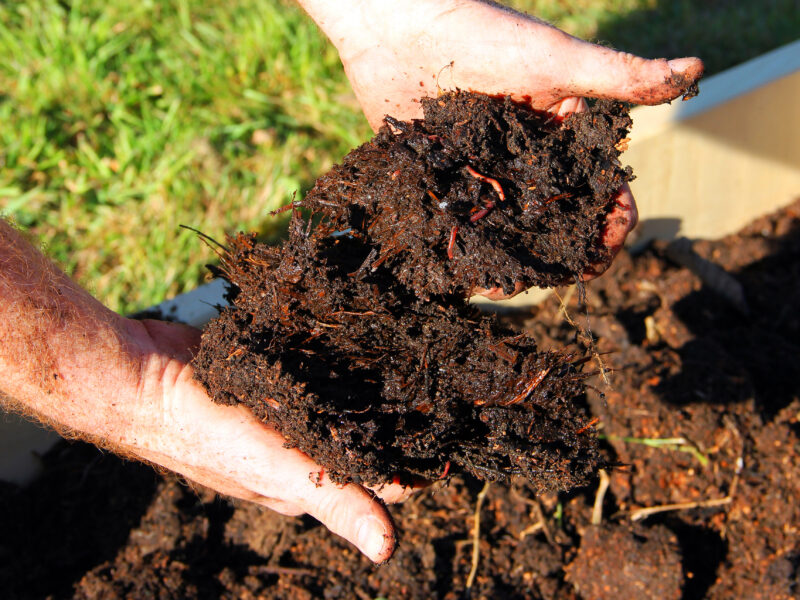In breaking news this week, an Oakland jury awarded a staggering $2 billion-plus in damages to a Bay Area couple who both were diagnosed with cancer after spraying Monsanto’s widely used Roundup weedkiller on their properties for more than 30 years. Also newsworthy, a recently released global assessment on the state of nature and biodiversity offers a dire message — but not without hope for humanity. This assessment is just another reason to support organic agriculture. With the global population set to hit over 9 billion by 2050, we’ll need to grow more food than ever. There’s a common misconception that organic isn’t up to the task, but Rodale has recently busted the myth that “organic can’t feed the world.” Cotton is one of the most widely grown crops in the world, and conventional cotton is one of the most chemically intensive crops with serious consequences for both the environment and farm workers. Furthermore, post-harvest treatment of cotton and fabric production practices can further contribute to environmental degradation. We need to better understand how cotton is harming our environment and take action to support organic cotton.
Monsanto Hit With $2 Billion Verdict in Roundup Cancer Suit
An Oakland jury awarded a
staggering $2 billion-plus in damages Monday to a Bay Area couple who both came
down with cancer after spraying Monsanto Co.’s widely used Roundup weed killer
on their properties for more than 30 years.
Humans depend on biodiversity and we’re destroying it
A recently released global
assessment on the state of nature offers a message that is dire — but not
without hope.
To Combat Climate Change, Start From the Ground Up (With Dirt)
A graphic journalist explains that the solution to climate change is under our feet.
CAN ORGANIC FEED THE WORLD?
With the global population set to hit 9.1 billion by 20501, it’s true that in the future we’ll need to grow more food than ever. But there’s a common misconception that organic isn’t up to the task.
The Environmental Footprints of Organic Cotton: From Field Through the Supply Chain
Cotton is one of the most widely grown crops in the world, and conventional cotton is one of the most chemically intensive crops with serious consequences for both the environment and farm workers. Furthermore, post-harvest treatment of cotton and fabric production practices can further contribute to environmental degradation.









